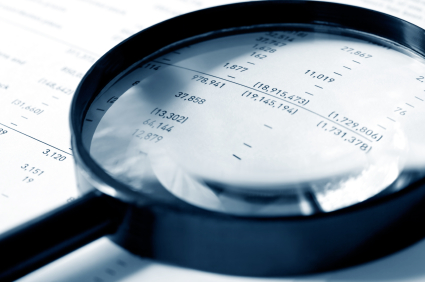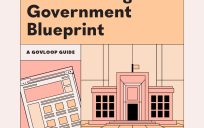A couple of days ago, I was at the Data Transparency 2014 conference, hosted by the Data Coalition. Throughout the day, we discussed a lot of reasons open data is important. It can maximize efficiency, highlight pressure points, illuminate trends, and do about 1 million other things that help government run more smoothly. If you know anything about open data in government, you’ve heard all of these things before.
But one benefit came up, which I hadn’t really considered before Tuesday. Data can build trust.
Representative Mike Duffey, of the Ohio House of Representatives, put it simply. He admitted, “A lot of people don’t trust government.” They worry that their tax dollars are being wasted, that services are being run improperly, and that deficits in the public sector are covered up or ignored.
Open data is an opportunity for the public sector to correct that perception by showing the data to back service claims. It provides a level of transparency to government operations that is more difficult to ignore or discount. With data, when your organization succeeds in serving the public, you can prove it.
Of course, there’s also a flip side to this transparency. If you open all your data to the public, they are going to know just as much about your pitfalls as they do about your successes. An audience member from a federal agency asked about this point. He asked, “How do we do this–open our data–without worrying about exposing ourselves to more negative criticism?”
That’s certainly a possibility, which Representative Duffey and his fellow panelists recognized. However, even in exposing the deficits of your organization through open data, you nevertheless build trust with the public.
Open data is not just about highlighting successes. It’s also about reassuring the public that when an error does occur, they will know about it. This requires a firm commitment by government organizations to show all of its data, not just the positive pieces. Moreover, offering this data can build confidence by showing that the organizations has the requisite data to identity that problem, address it, and move forward.
Open data provides unlimited opportunities for cost savings and efficiencies in the public sector. However, its intangible benefits shouldn’t be ignored. After all, what good is a high-functioning government if it doesn’t have the support of its people? Thankfully, open data can help with that too, by exposing the government and fostering greater trust among its citizenry.





Open data can help turn the negative perception of Government by placing information in the hands of the citizens. Transparency allows us to feel we’re making decisions with a full deck of cards. Citizen engagement will increase as trust improves leading to improvement in efficiency and effectiveness.